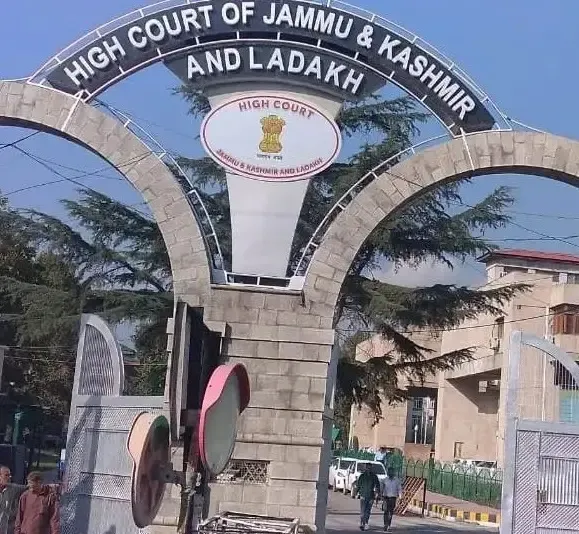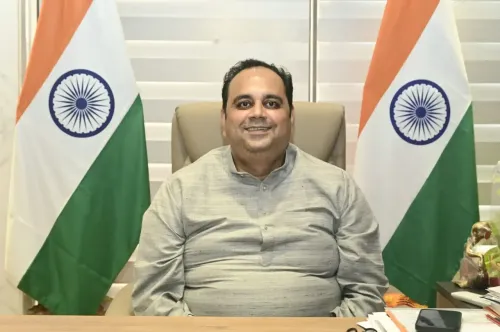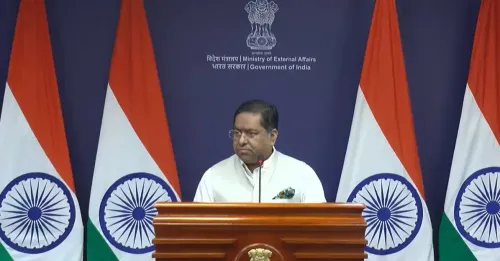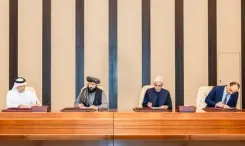Government Appoints Three Permanent Judges to J&K and Ladakh High Court

Synopsis
Key Takeaways
- The Government appointed three judges to the J&K and Ladakh High Court.
- Appointments were based on the Supreme Court Collegium's recommendations.
- The President plays a crucial role in judicial appointments.
- Judicial performance statistics are required for recommendations.
- This decision reflects ongoing judicial reforms.
New Delhi, Mar 10 (NationPress) The Government on Monday approved the appointment of three permanent judges to the Jammu & Kashmir and Ladakh High Court following a recommendation from the Supreme Court Collegium.
Union Minister for Law and Justice Arjun Ram Meghwal announced on X that the President, in consultation with the Chief Justice of India (CJI), has appointed Justices Wasim Sadiq Nargal, Rajesh Sekhri, and Mohd. Yousuf Wani as permanent judges of the J&K and Ladakh HC.
During a meeting on March 5, the Supreme Court Collegium endorsed the proposal to elevate these additional judges to permanent status in the Jammu & Kashmir and Ladakh High Court.
According to clause (1) of Article 217 of the Constitution, the President is responsible for appointing the Chief Justice and Judges of the High Courts.
When the Chief Justice submits a recommendation for the appointment of an additional Judge as a permanent Judge, he must provide statistics on month-wise case disposal, judgments delivered by the concerned judge, and the number of cases recorded in the Law Journal, duly certified. Additionally, details regarding the total working days, actual court attendance days, and absence days during the period for which the disposal statistics are submitted must also be included.









